After studying and working elsewhere, Xinjiang youth are coming home to turn ideas into projects, shaping both city and community life, Meng Wenjie reports.
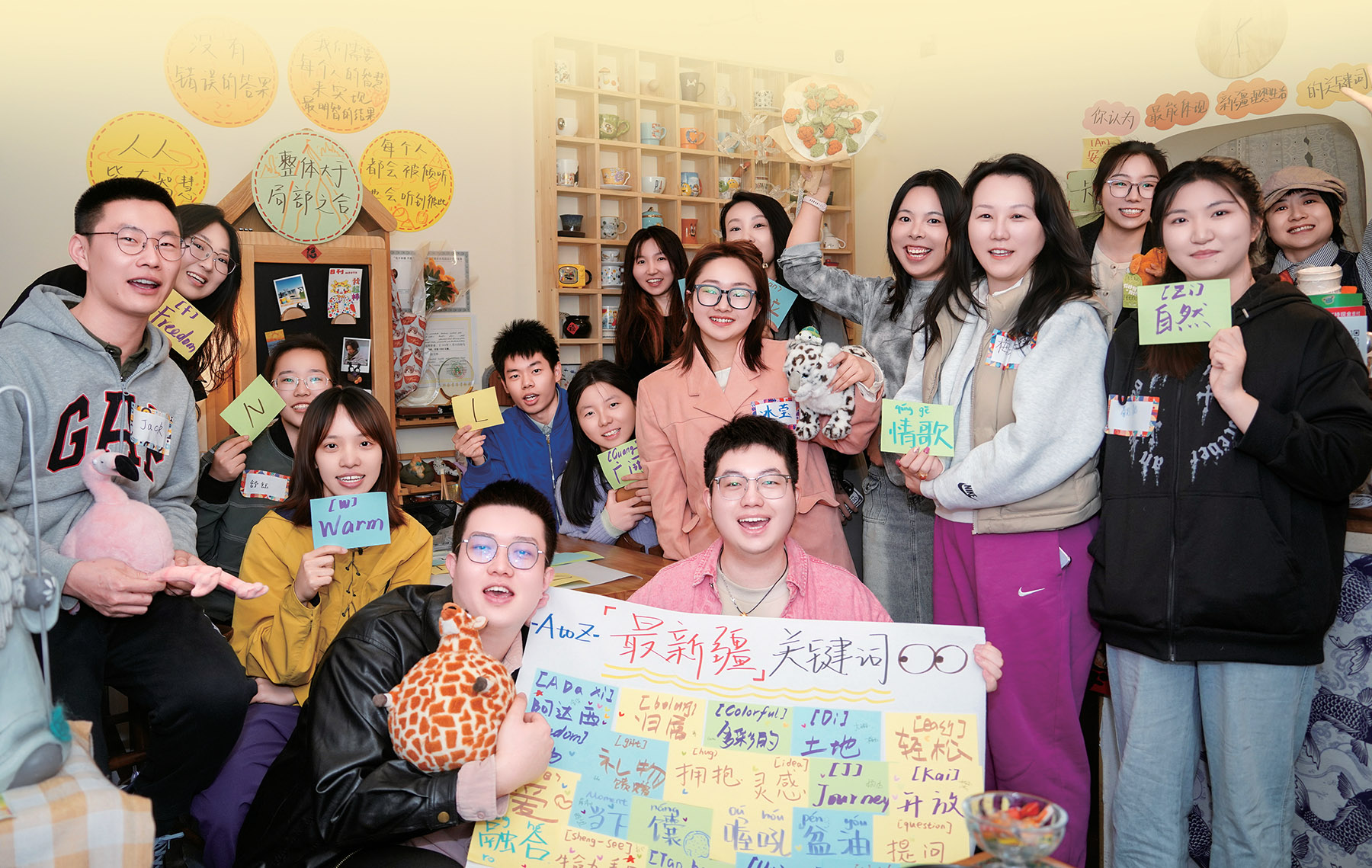
On Sept 14, eight people from different backgrounds and ethnic groups gathered at a studio in Urumqi, Northwest China's Xinjiang Uygur autonomous region, for a discussion titled "This is Possible Too". The session explored the many possibilities life offers, with each participant sharing personal experiences and insights.
The conversation was part of a series organized by OneSoul, an offline community platform in Urumqi that has become a vital space for young people in Xinjiang to reconnect with their roots.
"Our generation has often been encouraged to leave Xinjiang for more developed regions, and that mindset has deeply influenced many young people here," said Wang Zhaoyu, 27, founder of One-Soul.
After graduating from a university in Northeast China's Jilin province, however, Wang chose to return home. "It was only after leaving Urumqi that I truly understood how strong my bond with it is," he said.
ALSO READ: Young delegates explore vibrant Xinjiang
The idea for OneSoul took shape in late 2022, when Wang planned to host a reading party on Jan 1, 2023, with the goal of "rebuilding face-to-face communication", he recalled.
"After I posted about it on Xiaohongshu (RedNote), the response was overwhelming," Wang said. He soon realized that many young people like him — those who had left and returned to Xinjiang — were searching for a community where they could support one another.
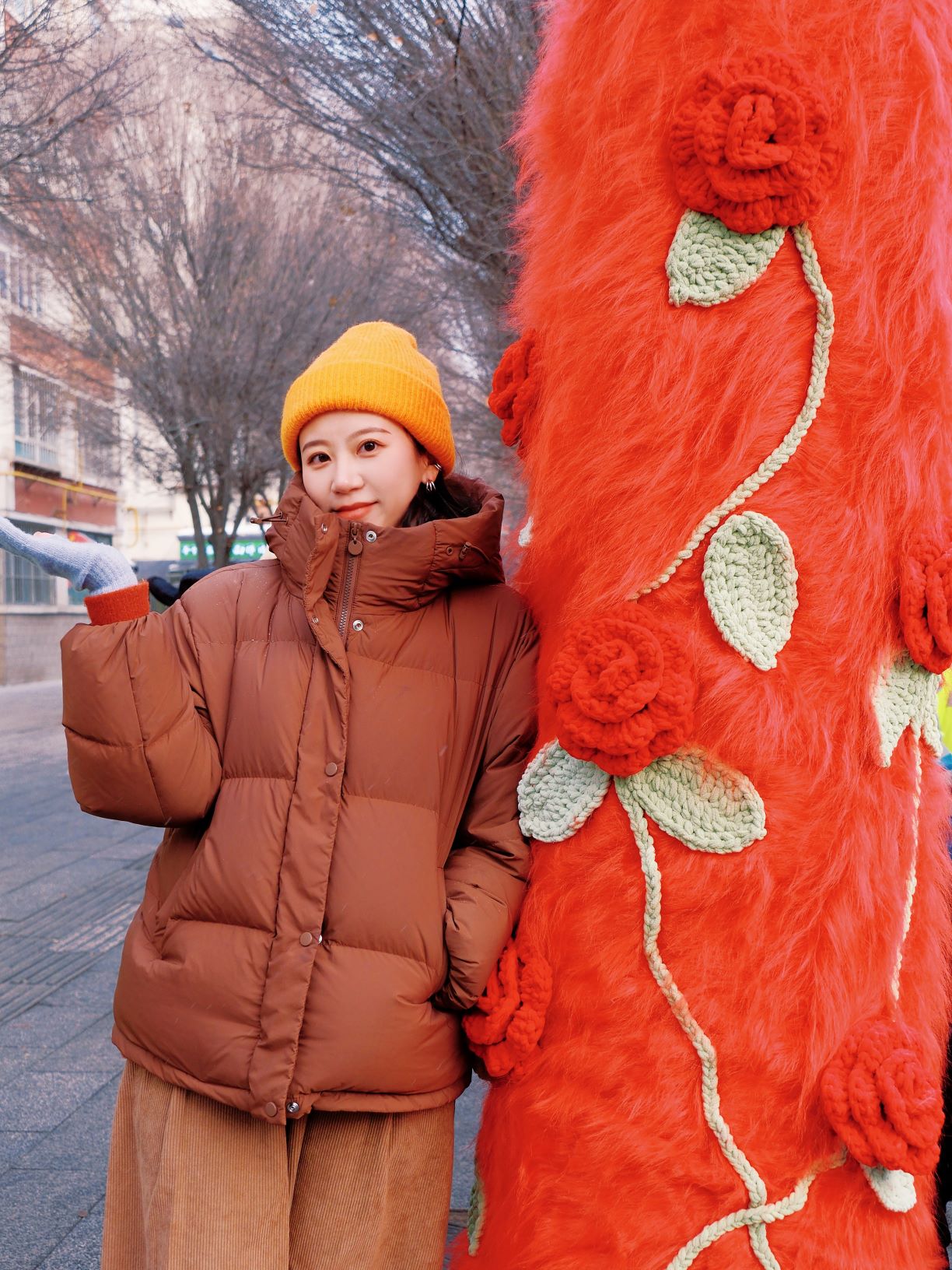
Since then, OneSoul has hosted more than 200 events. What began as a small gathering has grown into a broad range of activities, from open chats and movie screenings to academic exchanges.
The community now has over 1,500 members, mostly young people aged 18 to 35, many of whom have come back to Xinjiang after studying or working elsewhere.
Beyond regular events, Wang encourages members to share their skills and organize unique activities. For example, at the end of 2024, a member passionate about brewing led a group in creating craft beer. The beer was then officially released on Jan 1 this year to celebrate the community's second anniversary.
"I believe everyone has the potential to create something new," Wang said. "I started OneSoul because Urumqi didn't have a youth community like this, but for it to thrive, it needs everyone to contribute in their own way. Bringing like-minded people together is how we build something meaningful."
One of these creators is Li Jialin, a 32-year-old freelancer. Born in Urumqi, Li studied in Tianjin and later worked for an internet company in Beijing. After more than a decade away, she returned to Xinjiang in 2022.
"My mother was having health issues, and the high cost of living and work pressure in Beijing were becoming too much to handle," Li explained.
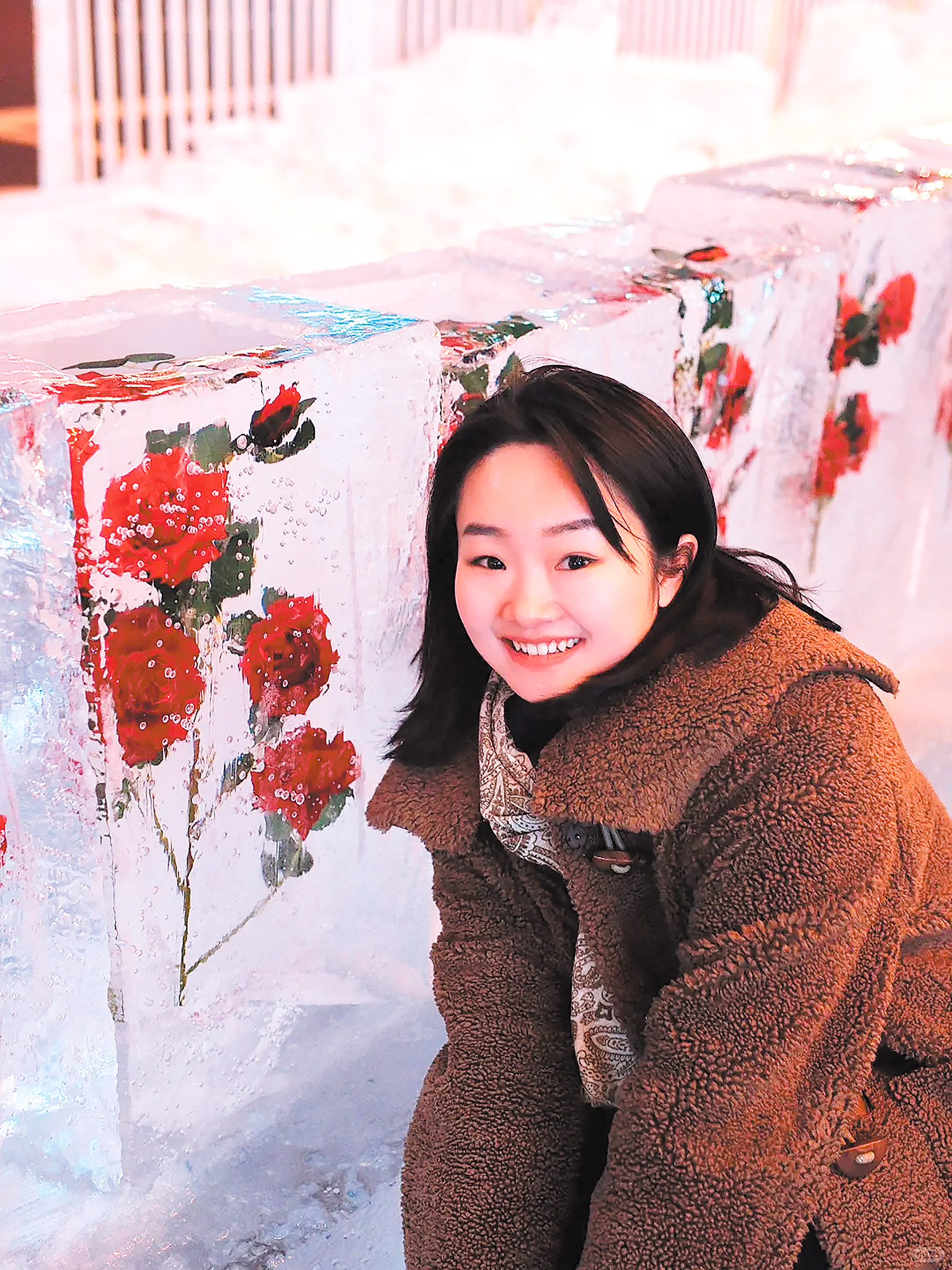
But settling back wasn't easy. "Xinjiang has changed a lot over the past decade, and many familiar places are gone," she said, adding that these changes left her feeling somewhat lost and uncertain.
It was through OneSoul that Li began to regain a sense of belonging. At her first event, she watched a girl with exaggerated expressions and playful gestures share her frustrations with her boss. The lighthearted, open atmosphere encouraged Li to speak up herself, helping her realize that her story — and her voice — could matter.
As she attended more events, Li gradually shifted from being a participant to a collaborator. She helped produce a documentary series, People Who Came Back, which tells the stories of young people returning to Xinjiang.
One moment stood out in particular: after an event, a girl approached her to say that Li's story on Xiaohongshu had resonated with her deeply.
"I never imagined that sharing my own experience could give someone else strength," Li said.
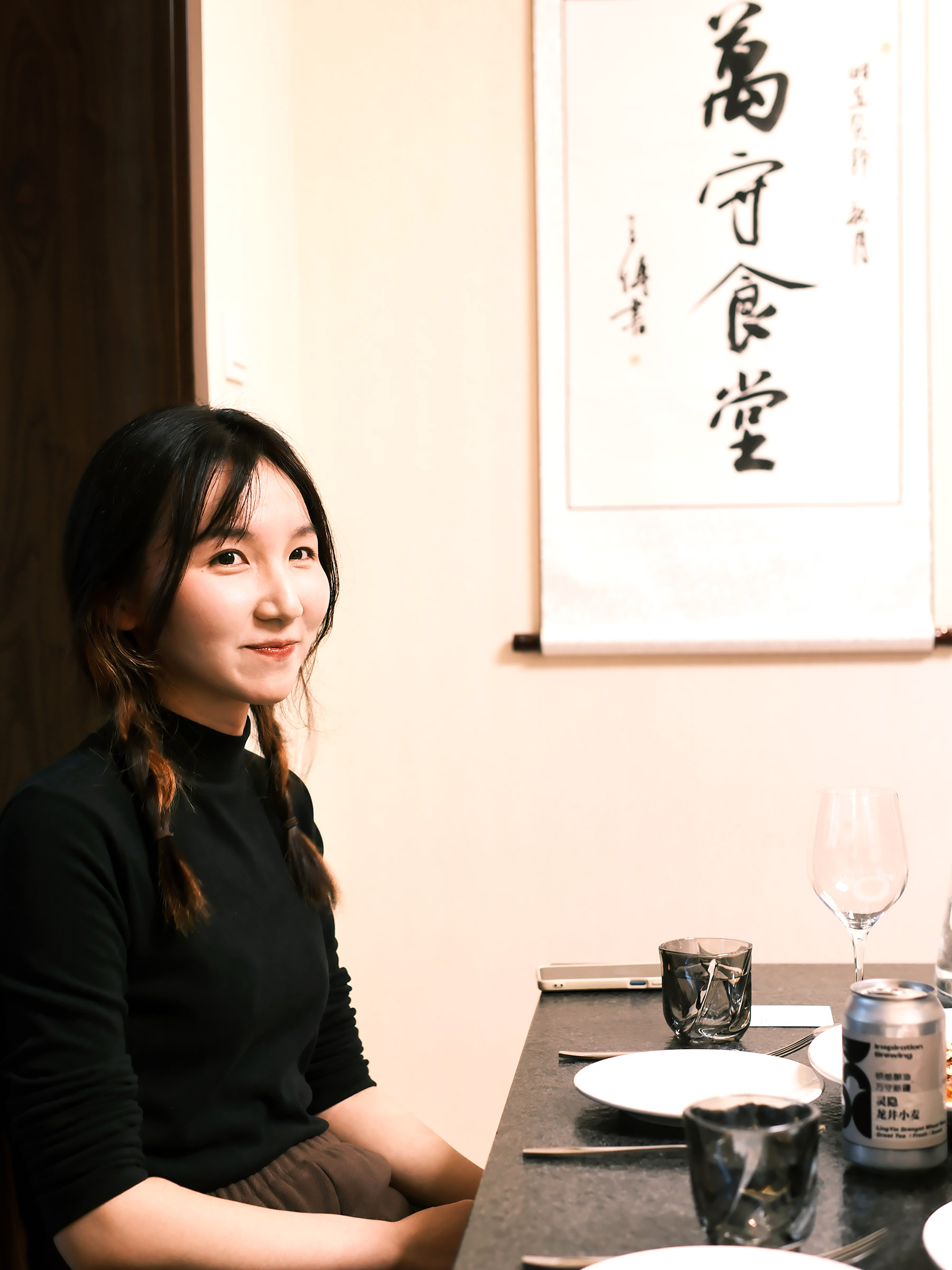
Reimagining community
As OneSoul grew, Wang began to think about how to transform the community's social events into larger, more impactful public projects.
Wang Bingying, a 28-year-old landscape designer, brought fresh energy to this vision.
After studying landscape architecture in Harbin, Heilongjiang province, and working in big cities like Hangzhou and Shanghai, Wang Bingying faced career setbacks in 2022. It was then that she decided to leave her job and return to her hometown in Xinjiang.
"I joined OneSoul by chance, but it quickly became a place where I could create the life I wanted — together with others like me," she said.
Her opportunity came in September 2023, when Liu Yuelai, an associate professor at Shanghai's Tongji University and a cadre assigned to Xinjiang, sought local youth to lead a community garden project in Urumqi.
With Liu's guidance, Wang Bingying founded UrUrban Planning Community Revitalization, a social service organization dedicated to community co-creation, in 2024.
Working closely with government bodies and universities, the team has completed eight projects involving over 400 participants, many of whom are active members of One-Soul.
Li Xiaohan, a 27-year-old designer, is one of them. After completing her graduate studies in Milan, Italy, she returned to Urumqi in 2024. For UrUrban's urban planning project, "Departing to Dawan", Li Xiaohan served as the designer, leading volunteers in gathering feedback from residents in Urumqi's Dawan area.
"Beyond collecting suggestions, we also encourage the public to take an active role in the urban planning process," she said.
While the concept of urban planning can seem abstract to many, Li Xiaohan made the activities both engaging and accessible. For example, volunteers were asked to observe their surroundings through simple tasks, such as feeling the textures of different tree barks or identifying trash bins that blend well with the environment.
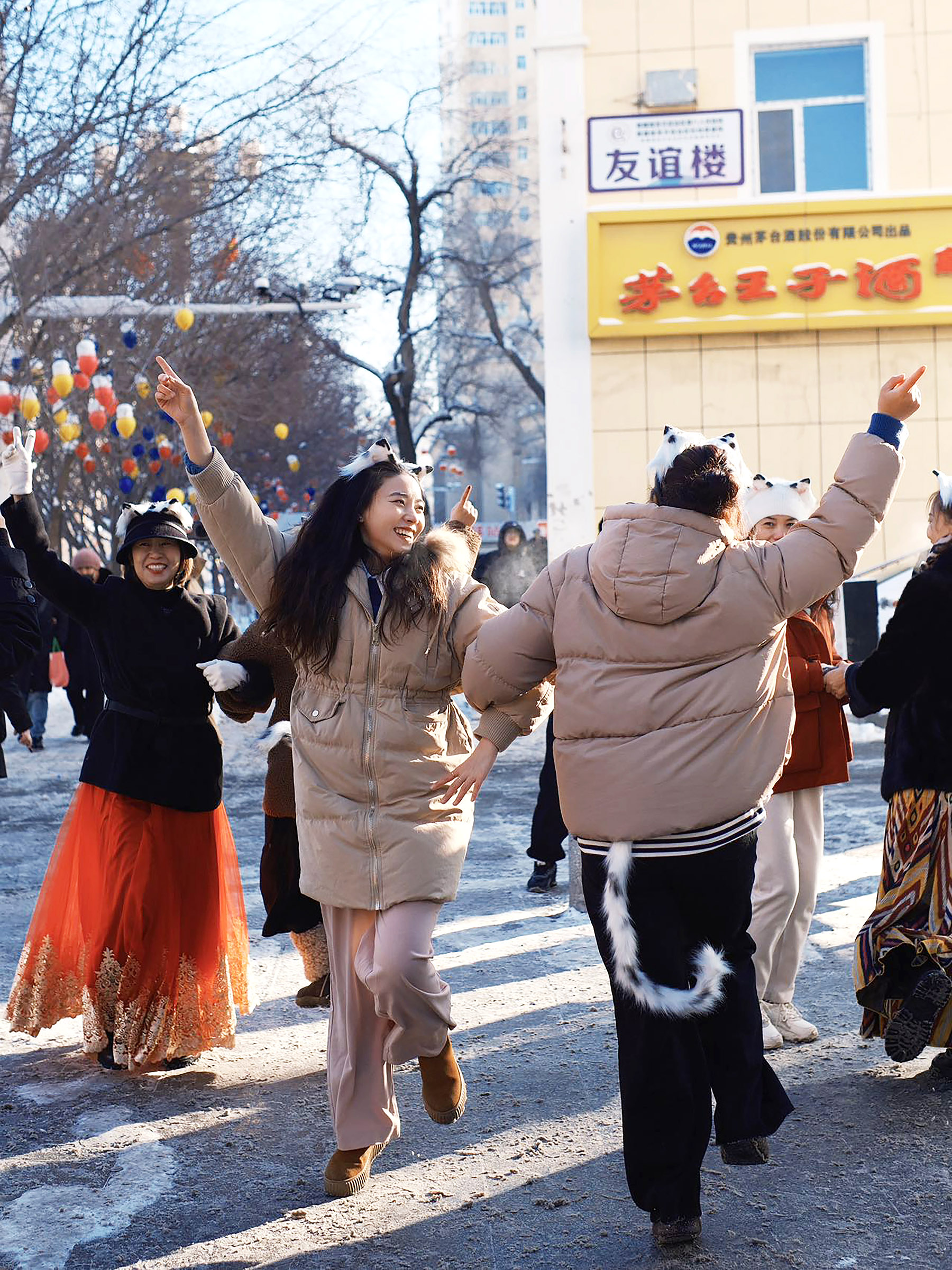
The final project will feature a co-created map of Dawan, highlighting public resources, community facilities, and the unique shops, spaces, and landscapes discovered by volunteers.
"By paying attention to these small details, people begin to see that the environment we live in is a shared public space. Through our common hobbies, memories, and expectations, we build a genuine sense of community," Li Xiaohan said.
A shared vision
According to Li Xiaohan, she has seen different generations play their own roles in Xinjiang's transformation. "My grandparents came to Urumqi and helped shape the city; my parents witnessed its urbanization," she recalled. "For my generation, I hope to contribute to the city's cultural and spiritual development."
Li Jialin has also noticed a shift in how people perceive Xinjiang. She laughed as she remembered how, during college, classmates from other regions would ask if she lived on the grasslands and rode horses to school.
"But now, when people talk about Xinjiang, they no longer see it as remote or undeveloped. Instead, they mention its delicious fruits and stunning landscapes. This shows that Xinjiang's progress is being recognized," Li Jialin said.
Recently, Wang Bingying has been working on a street renovation project to mark the 70th anniversary of the Xinjiang Uygur autonomous region. "This area is home to many ethnic groups, and I hope people from different backgrounds will come and see the changes we've made over the past 70 years," she said.
Contact the writer at mengwenjie@i21st.cn


